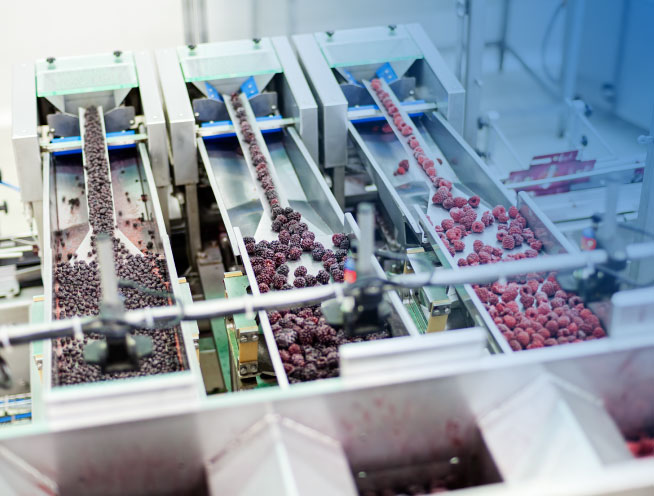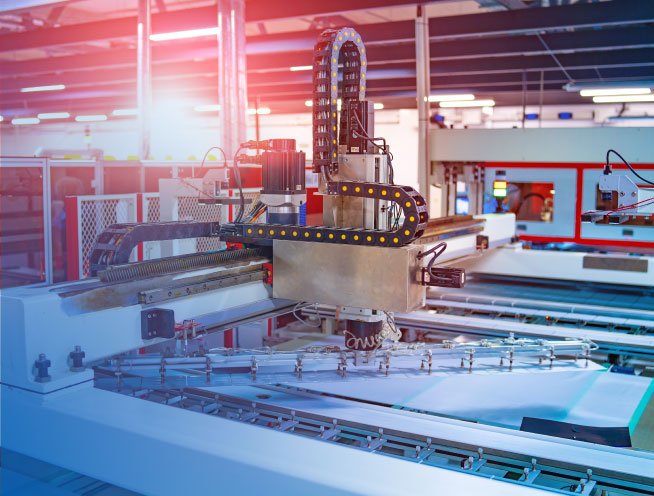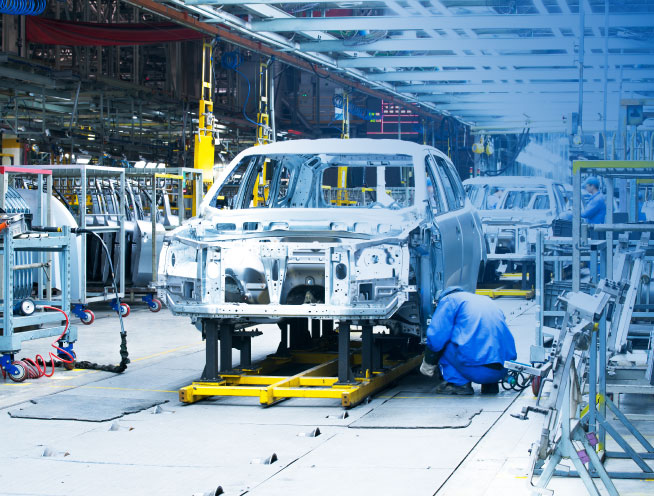Be In Control
Industrial & Manufacturing Facilities
Industrial and manufacturing facilities are generally large buildings, which require special considerations to maintain consistent temperatures and ensure employee comfort. These considerations often include the installation of high-performance insulation and energy-efficient HVAC systems. An industrial or manufacturing facility can manage variables more effectively by adding building automation systems (BAS).


In order to comply with FDA guidelines, food and beverage facilities need automation controls. It is critical to have insulation in place to prevent heat loss and to ensure the facility operates at an ideal temperature. High-performance HVAC systems are necessary to maintain the desired temperature and humidity level. Automation controls are necessary to ensure the facility is following FDA guidelines and is able to manage the variables more effectively.
In the life-sciences industry, where drug products and medical devices are developed, manufactured, and tested, building automation is crucial. In drug manufacturing, it is crucial to understand how space conditions affect the products being produced. To prevent contamination by dirt and pathogens, as well as cross-contamination from manufacturing other drugs in the facility, space pressurization and volumetric flow rate are controlled. Humidity can affect the efficacy and stability of drugs, as well as the ability to press them into tablets. As a result of temperature changes, microbes can grow on workers, which can impact production directly or indirectly.
Whether it is pacemakers, smartphones, or electric vehicles, the electric battery has become an essential part of modern life. For battery plants, automation controls must be customized to meet complex battery production requirements. These include heavy loads, clean rooms or dry rooms, and the absence of metals and copper.


For automobile manufacturing plants, our team can design, develop, and implement automated plant utility systems, control solutions, and monitoring systems. We can create an integrated system of sensors, controllers, and other components that allows for the efficient operation of the plant’s utility systems, such as HVAC, electrical, and plumbing. The system can also be programmed to monitor the plant’s performance and alert operators to any potential issues.
